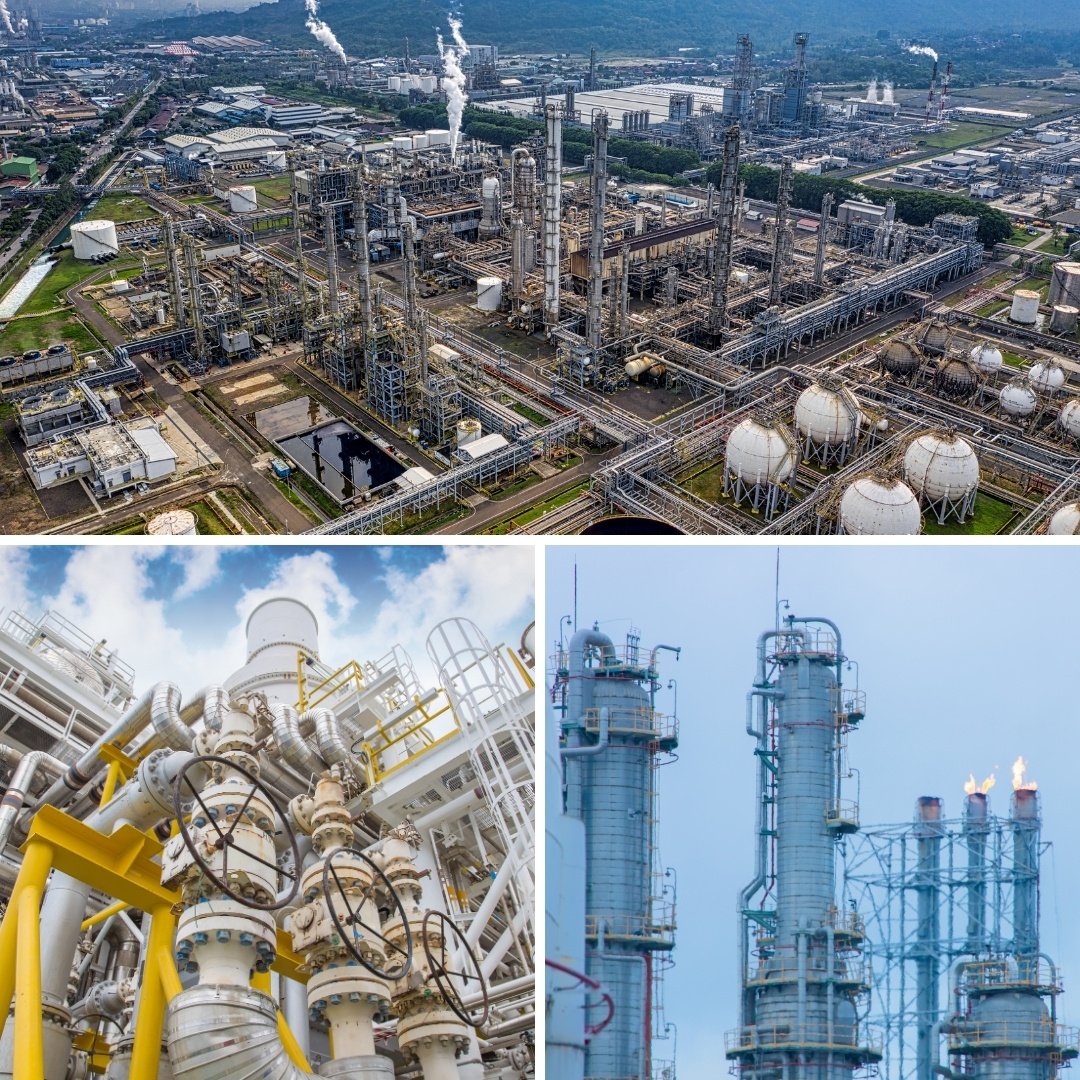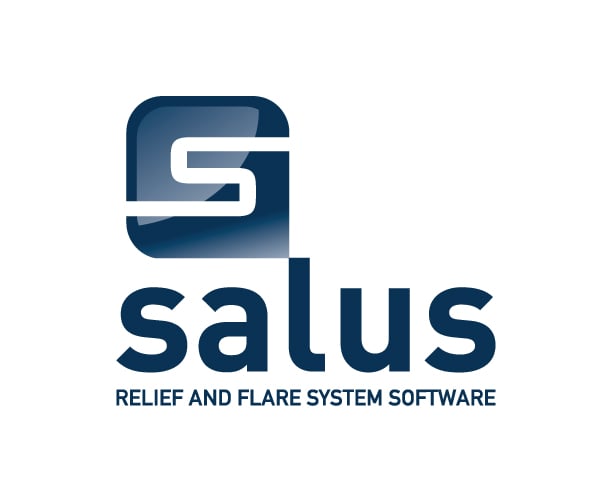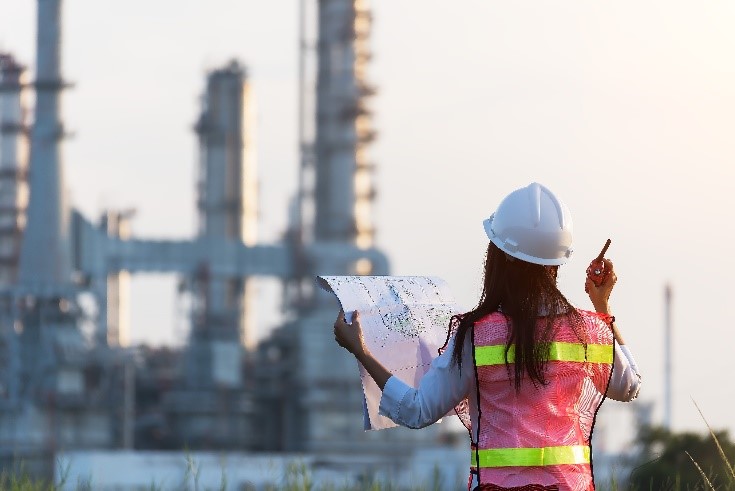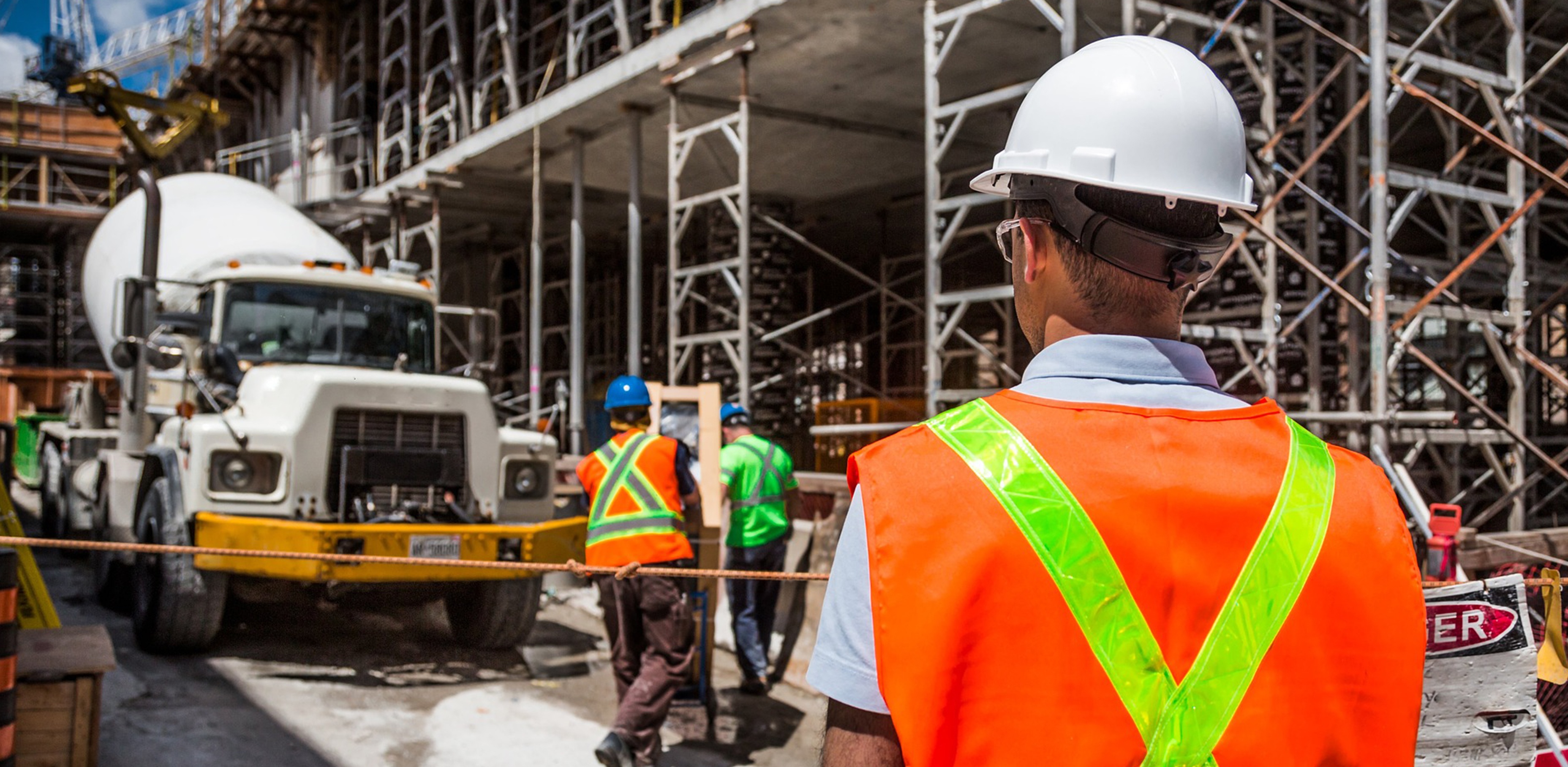HOUSTON, January 20, 2026 - As Smith & Burgess looks ahead to 2026, we are reaffirming our ongoing commitment to fostering a workplace culture built on trust, collaboration, and technical excellence.
And as we continue to grow our global team, we remain focused on creating an environment where employees feel valued, supported, and empowered to contribute their best work. Clear communication, respect for diverse perspectives, and opportunities for professional growth are central to our culture and how we operate as an organization.
Read More
Topics:
Smith & Burgess News,
Process Safety Management,
PSM,
News
Introduction
In the complex world of process safety, ensuring that facilities operate without incident requires a robust safety management system. The stakes are high in industries where a single failure can lead to catastrophic consequences, making effective process safety management essential. Relief systems and flare studies serve as critical safeguards, helping facilities prevent hazardous events and maintain safe operations. At the heart of this system are relief systems and flare studies, two essential components that help prevent catastrophic failures in petrochemical, oil and gas, chemical, pharmaceuticals, power generation, and renewable energy industries.
Read More
Topics:
Relief Systems,
Process Safety Management,
Flare Study,
Flare Studies,
Flare System,
Relief System Design,
Process Safety
HOUSTON, November 12, 2024 - Smith & Burgess, has been named a recipient of the Houston Chronicle’s Top Workplaces 2024! This prestigious award celebrates companies that excel in fostering positive workplace cultures, and we are honored to be included in this year's list.
Read More
Topics:
Smith & Burgess News,
Process Safety Management,
PSM,
News
Interest in renewable diesel has increased significantly in recent years. In 2019, the estimated US renewable diesel consumption was 900 million gallons [1] followed by an estimated 960 million gallons in 2020.[2] This trend is expected to continue in the coming years.[3] Conversion of existing petroleum facilities to renewable diesel production provides an appealing path for many producers, but careful evaluation of the conversion must be performed to ensure that the facility is operating safely and in full compliance with PSM standards. While the existing relief and flare systems may have been adequate for the petroleum refinery service, these systems should be reviewed and redesigned along with the new process as the demand on these systems can significantly change.
Read More
Topics:
Relief Systems,
Process Safety Management,
Process Safety,
diesel conversions,
renewable diesel,
renewable vs biodiesel
After spending over 20 years in the cold Midwest winters and suffering through plant freeze ups, my mind is racing with what to look out for as things thaw back out. Please see my thoughts on instrumentation, dead legs, and a few other things to look out for based on my years of experience in the freezing weather.
Read More
Topics:
Relief Systems,
Process Safety Management,
Process Safety,
Freeze,
arctic Freeze,
recovering,
unprecedented freeze,
extreme weather
About the Author
Christopher Heflin is a degreed Chemical Engineer from Texas A&M University with over 8 years of experience in pressure relief analysis and relief system software, and is the lead training instructor for Salus and Data Insights courses both locally and internationally. He also plays an active role in the development of new features as well as ongoing software support.
Coronavirus Impact
Despite the dreaded COVID-19 pandemic, we have happily added several new members to the Salus family as an increased drive toward digitization and organization sweeps the industry. As a result, Salus has streamlined migration efforts for client’s existing data – whether in digital or physical copies – to be utilized efficiently in the software.
Read More
Topics:
Salus,
Process Safety Management,
Process Safety Optimization,
Process Safety
The COVID-19 Challenge
As the COVID-19 disease became a pandemic in the span of mere weeks in USA (months for the world), most of us who work in the process safety/engineering field has probably asked, or been asked:
- What kind of precautions have you taken to minimize the COVID-19 spread through:
- Human contact
- Computer equipment
- Shared office spaces
- Common areas
- How do you determine “non-essential” personnel that should not have access to your facility?
- What is your contingency plan if/when travel or access is restricted?
- How can you keep normal work efficiency for these “non-essential” personnel working offsite?
- What kind of resources do you need to work offsite?
Read More
Topics:
Did You Know?,
Salus,
Process Safety Management,
Relief System Design
Anyone tasked to start up a unit knows the engineers who designed it rarely miss a thing...
Every bleeder valve is in the right place, spectacle blind turned correctly, and bypass line scrutinized. So why would the flare and relief systems design be any different? The truth is that they are not. Engineering Firms today have perfected the art of throwing waves of engineers on design-build projects. Unfortunately for those engineers, relief and flare system designs are governed by a maze of regulations, codes, standards, and guidelines (collectively known as Recognized and Generally Accepted Good Engineering Practice or RAGAGEP). Experienced Project Managers understand that relief and flare specialists are needed to ensure their projects are safely and properly designed before any construction occurs.
Read More
Topics:
Did You Know?,
Process Safety Management,
Detailed Engineering,
Maintenance Operation Studies,
Relief System Documentation,
Process Safety Optimization
The Opportunity:
Regulators will often require that a facility review their process safety management systems on a routine basis. These audits can be performed with internal or external resources. A PSM covered gas plant in the U.S. wanted to hire a consultant to perform an audit. Furthermore, the site wanted the results presented in such a way that they could understand and improve upon the shortfalls of their PSM systems. Based on conversations with other gas plants in the region, the site selected Smith & Burgess to perform the audit.
Read More
Topics:
Process Safety Management,
Case Study,
RAGAGEP,
PSM,
PSM Review,
Industry Compliance,
Compliance,
PSM Audit,
Gas Plant,
Regulatory Compliance,
Gap Assessment,
Engineering Standards








